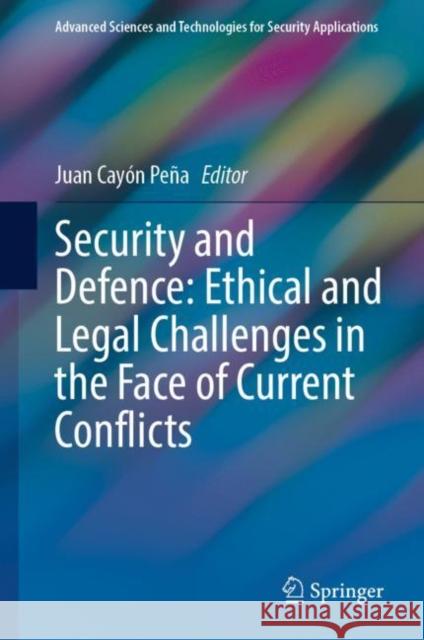Security and Defence: Ethical and Legal Challenges in the Face of Current Conflicts » książka
topmenu
Security and Defence: Ethical and Legal Challenges in the Face of Current Conflicts
ISBN-13: 9783030959388 / Angielski / Twarda / 2022 / 264 str.
Security and Defence: Ethical and Legal Challenges in the Face of Current Conflicts
ISBN-13: 9783030959388 / Angielski / Twarda / 2022 / 264 str.
cena 481,91
(netto: 458,96 VAT: 5%)
Najniższa cena z 30 dni: 462,63
(netto: 458,96 VAT: 5%)
Najniższa cena z 30 dni: 462,63
Termin realizacji zamówienia:
ok. 22 dni roboczych.
ok. 22 dni roboczych.
Darmowa dostawa!
Kategorie BISAC:
Wydawca:
Springer
Język:
Angielski
ISBN-13:
9783030959388
Rok wydania:
2022
Ilość stron:
264
Waga:
0.54 kg
Wymiary:
23.39 x 15.6 x 1.6
Oprawa:
Twarda
Wolumenów:
01
Dodatkowe informacje:
Wydanie ilustrowane











